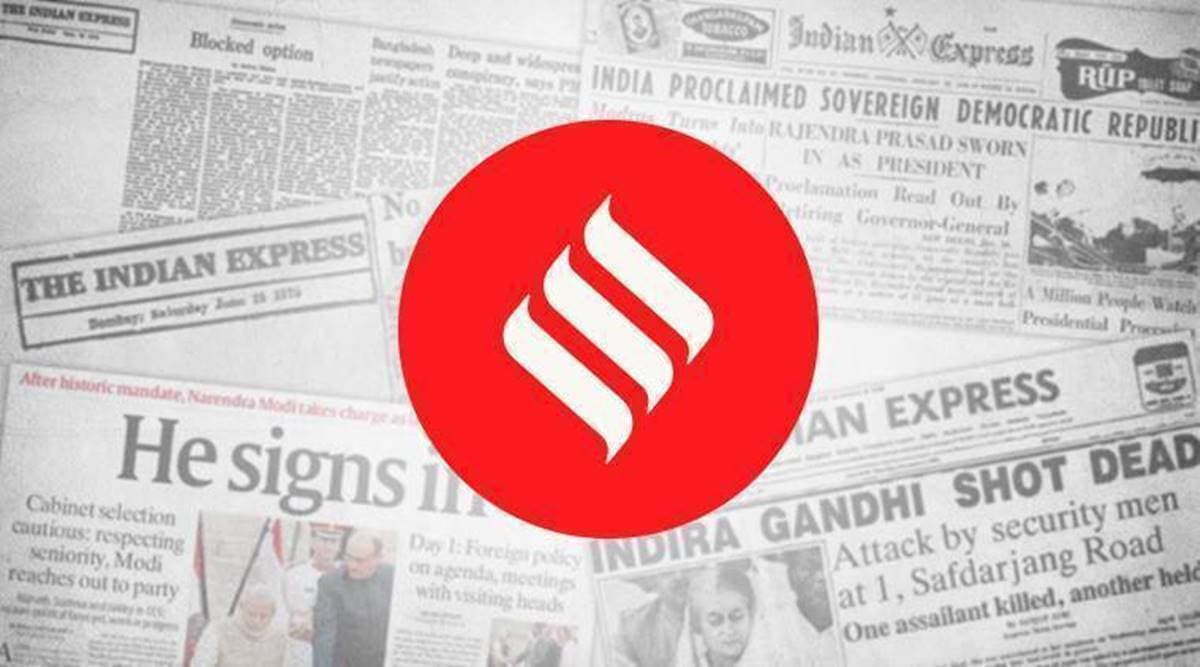 After a famous victory, Mamata Banerjee must take care that TMC cadre, who have earned a reputation, much of it deserved, of using force to have their way, do not perpetrate triumphalist violence.
After a famous victory, Mamata Banerjee must take care that TMC cadre, who have earned a reputation, much of it deserved, of using force to have their way, do not perpetrate triumphalist violence. Elections can be polarising, campaigns leave a bitter aftermath. Once the poll is won, all too often, winners believe that electoral victory trumps all else. But amid a still raging pandemic, this is not the time to either savour victory or avenge the slights in West Bengal, Assam, Kerala, Tamil Nadu and Puducherry. Especially in West Bengal. After a famous victory, Mamata Banerjee must take care that TMC cadre, who have earned a reputation, much of it deserved, of using force to have their way, do not perpetrate triumphalist violence. The BJP office in Arambagh was set on fire Sunday night; the BJP says six of its workers have been killed; the TMC says it has also lost one; there are cases where party workers and their vehicles were attacked, including that of Suvendu Adhikari, who defeated Banerjee in the Nandigram poll.
West Bengal can ill afford a law and order crisis at a time when the energies of its government must be focused on the challenge of the pandemic. The violence after the results is of a piece with the longstanding grammar of West Bengal’s politics. The usual explanation is that such behaviour by political cadres was put in place by the Left Front government and has been adopted wholesale by the TMC. It is time for a break with the dismal syndromes of the past. Banerjee has won a decisive victory and a third term against the full might of the machinery of the BJP’s party and government and at a time when even supposedly independent institutions appeared to tilt towards her political opponent. The mandate reflects the undeniable support the two-time chief minister continues to enjoy among the people of Bengal. Banerjee must use her reinforced political capital to lay down the red lines. The state government must ensure that the perpetrators, no matter what their political allegiance, get the message: Violence will not be tolerated, or go unpunished. That hers is a government for the state, not just of those who voted for her party.
That’s also key to fighting the pandemic. Especially when at the Centre and across states, the handling of the second wave has reached such a pass that a three-judge bench of the Supreme Court — along with various high courts — has had to both pull up government as well as offer a roadmap. At the crux of the SC’s suggestions lie coordination and cooperation: What India needs is a clear plan of action by empowered experts at the Centre, with states taken into confidence and providing the necessary means for implementing policy. So far, political one-upmanship and electoral rivalries have taken precedence over the more pressing need to save lives. The overlong Bengal election campaign amid the pandemic was the prime example of political ambitions racing ahead of the requirements of basic governance amid a crisis. Now, Banerjee has the mandate and the space to get down to the task at hand. She will need to enlist the support of the people to win this fight, whoever they may have voted for.
- The Indian Express website has been rated GREEN for its credibility and trustworthiness by Newsguard, a global service that rates news sources for their journalistic standards.

